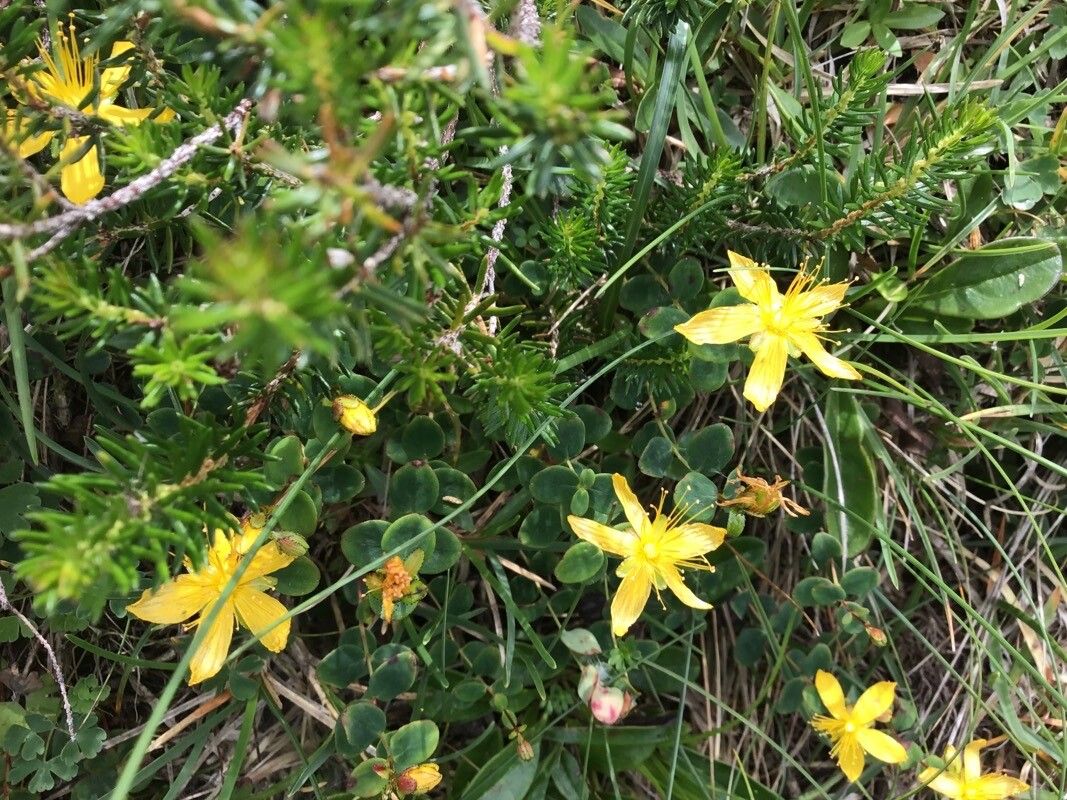Disclaimer: This Materia Medica is provided for informational purposes only and should not replace professional medical advice. Please consult with a qualified healthcare practitioner or herbalist before using any herbal remedies.
Materia Medica: Raspberry Leaf (Rubus idaeus)
Introduction:
The Rubus idaeus plant produces Raspberry leaf which holds dear esteem among practitioners of herbal medicine. Having a reputation for its abundant medicinal qualities, it has long been a tool used by herbalists, traditional healers, and midwives. Raspberry leaf is chiefly related to female health aspects, especially pregnancy and childbirth stages; however, it provides a variety of additional advantages. A detailed examination of Raspberry Leaf will be provided through the lens of an expert herbalist in this Materia Medica.
Botanical Description:
Scientific Name: Rubus idaeus
Family: Rosaceae
Common Names: Raspberry leaf, Red raspberry leaf
Parts Used: Dried foliage from the raspberry plant.
Habitat:
Europe, Asia, and North America are the natural habitats of raspberry plants. They prosper mostly in mild regions and are seen signficantly in forests, the perimeter of woodlands and inside gardens.
Constituents:
Raspberry leaves contain a variety of bioactive compounds, including but not limited to:
Tannins (ellagitannins and proanthocyanidins)
Flavonoids (quercetin, kaempferol)
Vitamins (vitamin C)
Minerals (calcium, iron, potassium)
Fragrant compounds (volatile oils)
Therapeutic Actions and Uses:
Uterine Tonic:
Notably, raspberry leaf is well-known for its uterine strengthening properties. It aids in toning and fortifying the muscles of the uterus, thus enhancing uterine wellbeing and curtailing heavy blood flow throughout the menstrual cycle.
Pregnancy Support:
During pregnancy, raspberry leaf is often used to ready the uterus for the process of childbirth and labor. The risk of bleeding after delivery could be decreased and a smoother labor process promoted by its potential assistance.
Menstrual Health:
For women encountering substantial period flow, discomforting cramps or unpredictable menstrual cycles, it can be a great help. These symptoms may be eased by the astringent characteristics of raspberry leaf.
Fertility:
Raspberry leaf has a role in fostering fertility as it aids in maintaining uterine health and hormonal equilibrium.
Digestive Aid:
The use of Raspberry leaf can provide relief for digestive problems like diarrhea and stomach trouble due to its tannin content.
Anti-Inflammatory:
Raspberry leaf is loaded with compounds that have anti-inflammatory effects which can be effective for diseases like gout and arthritis.
Immune Support:
Due to its high vitamin C levels, Raspberry leaf is known for boosting immunity.
Respiratory Health:
You can use raspberry leaf tea as a soft cure for minor respiratory challenges such as a light cough or sore throat.
Oral Health:
Rinsing your mouth with raspberry leaf infusion could soothe throat and mouth irritations.
Preparation and Dosage:
Raspberry leaf is often used to make tea or infusions. If you want to brew a tea, let 1-2 teaspoons of dehydrated raspberry leaves sit in hot water for about 10 to15 minutes. Every day, have no more than three cups.
To assist with pregnancy, it is frequently suggested to begin drinking raspberry leaf tea in the second trimester and slowly raise the amount consumed.
Cautions and Considerations:
Although raspberry leaf is commonly viewed as safe when used properly, people who are pregnant should check with a healthcare practitioner or midwife before they use it while pregnant.
Caution is recommended for people who have confirmed allergies to any plants from the Rosaceae family, like strawberries or roses.
Serious illnesses and conditions require medical input and treatment; raspberry leaf can’t substitute this necessity.
Conclusion:
The utility and worth of raspberry leaf in the world of herbalists is undeniable with its extensive tradition of use. Its effects on uterine toning make it greatly treasured for the improvement of women’s health, most notably during the course of pregnancy. Beyond this specific context though, it bestows advantages addressing various health problems. With every herbal solution comes the necessity of seeking guidance from a knowledgeable herbalist or healthcare practitioner to identify its optimum use catering to your personal needs.







One comment on “Raspberry Leaf: Herbal Plant Profile”